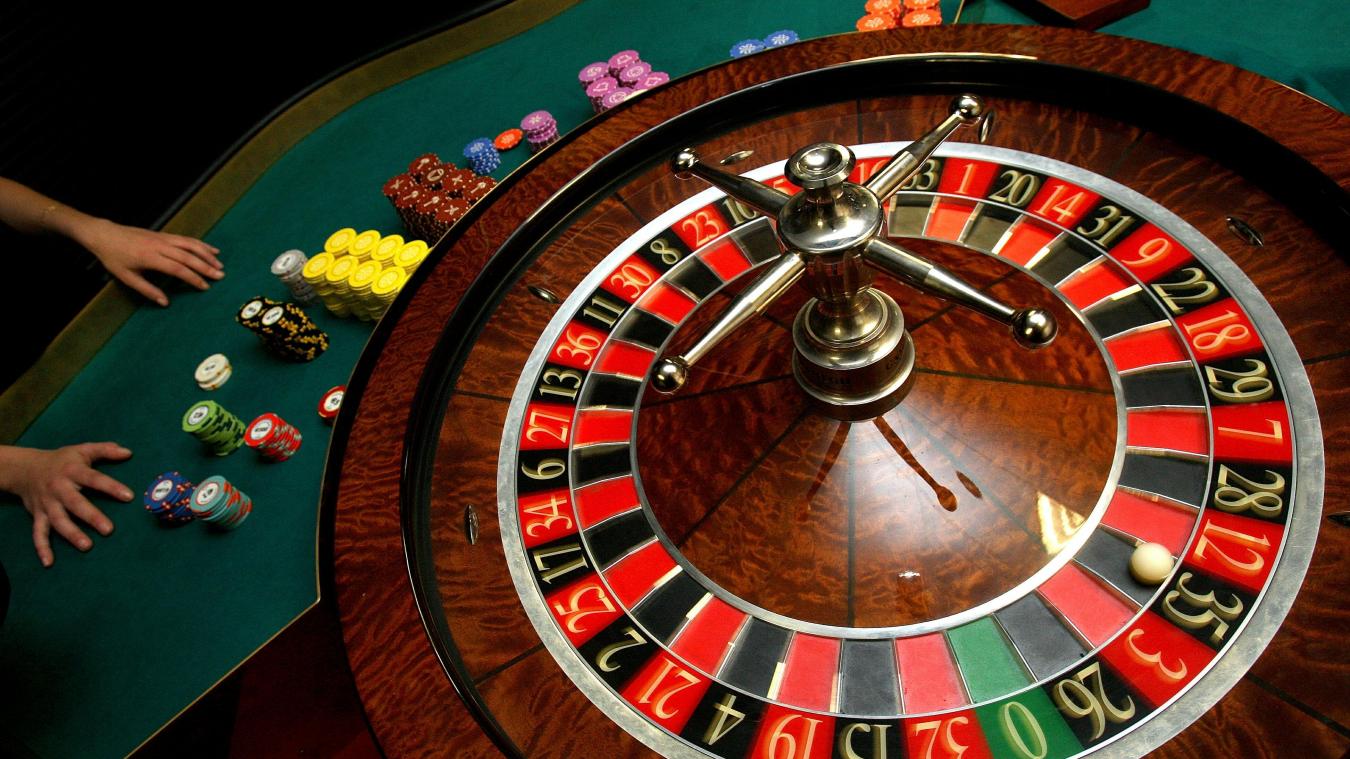Electronic Roulette Strategies
Roulette strategy begins with understanding the two wheels, including the American and European wheel. The American version has 38 numbers, including a zero and double zero. The zero pockets are important, because they only favor the house on even-money bets. There's no single guide to Internet roulette that winning Roulette players follow, but many of them follow a betting strategy to help them build their bankroll. Some strategies involve doubling your bet every time you lose and lowering it when you win. Others swear by the opposite by raising it when you win and lowering it when you lose.

Can Roulette Be Rigged?
Gamblers who don't understand the inner workings of a casino sometimes wonder if the games they play are set up fairly. When a casino patron loses against a slot machine, for example, he or she might wonder if the machine was somehow rigged. Authentic roulette eliminates some of this suspicion because it makes use of a physical wheel that is spun by hand. An electronic roulette game could be rigged, however, as Pierre Coulon proved when he used his laptop recently to remotely help a female friend win a jackpot at the Paris Casino in Blackpool, England.
Coulon was the managing director of the Paris Casino at the time of the incident. Upon investigation, officials discovered that the surveillance cameras normally trained upon the facility's electronic roulette game had been moved. Coulon later admitted to manipulating the outcome of the game via laptop so his female friend could win some cash. He cited a dispute with his business partner and co-owner of the casino as the reason why he committed the crime. Prior to this event, Coulon, who spent 40 years working in the gambling industry, had no instances of criminal activity in his personal record.
About Roulette Wheel Bias
Roulette is a game of chance, but a person's chance of winning or losing can definitely be affected by wheel bias. A biased wheel is one that does not select numbers completely at random. Physical irregularities and normal wear and tear can alter a wheel in a way that causes it to favor certain numbers more than others. This irregularity, if discovered by a casino patron, can boost his or her odds of winning tremendously. For this reason, casinos do everything they can to detect such flaws and prevent customers from taking advantage of an edge in their favor.
Bias Caused by Wheel Manufacturers: Not Likely
Gambling equipment manufacturers are aware of the potential for irregularity and the great harm a defective wheel could ultimately do to a casino's bottom line. For this reason, wheels are manufactured to extremely high standards. A concentrated effort is made to ensure that all wheels are perfectly symmetrical and homogenous in weight and texture. A manufacturer of bum equipment would quickly go out of business, after all. Bias caused by the manufacturers is, therefore, highly unlikely.
Bias Caused by Normal Wear and Tear: Likely
A roulette wheel is spun thousands of times per day; it is only natural that wear and tear would gradually break it down. Sometimes the ball hits the wood with such force it becomes chipped, causing weight to be unevenly distributed. Sometimes 'rotor wobble' develops, in which the wheel gradually becomes crooked due to routine cleanings in which the rotor is removed from the spindle. Sometimes 'pocket defects' occur. In this situation, certain number pockets become slightly enlarged due to repeated force, or the felt between the pockets loosens, causing abnormalities in ball recoil. Any or all of these situations can occur during the lifetime of a roulette wheel, causing bias.
Wheel bias in itself is not harmful, or helpful, to anyone. The phenomenon only becomes harmful to the house when patrons discover it and develop their own personal ways to capitalize upon it. Similarly, wheel bias is only helpful to patrons if they realize it's there and seize the opportunity to profit from it.
Joseph Jagger Rips Off the Beaux-Arts Casino in 1873

Roulette wheel bias is nothing new, nor is the casino patron's desire to capitalize upon it. Almost 150 years ago, a man named Joseph Jagger won 65,000 pounds from Monte Carlo's Beaux-Arts casino through his knowledge of the facility's weakest wheel. Jagger spent time studying all six of the casino's wheels and deduced that one of them favored a grouping of nine adjacent numbers. After a fair amount of suspicious winning, the Beaux-Arts caught on to Jagger's tactics and tried to move the games around the room order to confound him. In the end, however, the gambler's profit was much higher than that of the house.


One Century Later: Gonzalo Garcia-Pelayo Wins Big in Madrid
Over 100 years later, at the Casino de Madrid in the 1990s, Gonzalo Garcia-Pelayo happened upon a defect that won him over a million euros over the course of several days. The casino eventually figured out what Garcia-Pelayo was doing and tried to sue, but the courts ruled in the gambler's favor, saying it was the casino's responsibility to maintain their equipment.
The Dealer Controls the Ball
The outcome of electronic table games can be controlled by computer, as Coulon showed the world in the Blackpool incident. The outcome of authentic games can be capitalized upon by scrutinizing players who have correctly identified an equipment defect. One last question remains: can a roulette dealer, or croupier, purposefully determine where a ball will land?
Debate exists as to whether croupiers can control the outcome of their spins. Anecdotally, some croupiers claim to possess this superior skill. Skeptics are quick to point out, however, that the wheel and its ball are spun in different directions, making it nearly impossible to control the outcome of a spin. It would take an extreme amount of fine motor coordination and muscle memory for a croupier to purposefully dictate this outcome.
For over a century, people have been looking for ways to cheat the roulette wheel and win big money. Whether through electronics or the identification of a physical equipment problem, this goal is occasionally achieved. For those who wonder if casinos sometimes cheat their patrons by rigging machinery, the answer is yes. In the case of roulette wheel bias, it is sometimes the patrons who cheat the casinos.
What Else Might Interest You:
Online Roulette - Some basics for beginnersElectronic Roulette Strategy

COMMENTS:
By loading and joining the Disqus comments service below, you agree to their privacy policy.
Although the rules are similar to those of its illustrious predecessor, electronic English Roulette nevertheless does have some particularities. First of all, multiple gaming stations and touch screens surround the automated wheel or face a giant screen onto which the Roulette wheel is projected. The Layout, similar in every respect to that of the traditional game, is virtual and is duplicated on each screen. Everything is completely automated, with messages appearing on your computer to guide you through the different stages of the game. When they say ‘Place your bets’, you can bet by touching the squares, your stakes remaining hidden from the other players. Then, when ‘No more bets’ is announced, you can no longer change where you have placed your chips.
Electronic Roulette Strategy
To preserve the role of chance, the software for electronic English Roulette randomly determines the strength of the blast of air that throws the ball, as well as the speed at which the wheel spins. The results appear instantly and simultaneously on your computer and on the giant screen located in the centre or on the wall. If your bet is a winner, your account is automatically credited. If you want to stop playing, all you have to do is press the ‘Payment’ button to collect your winnings.